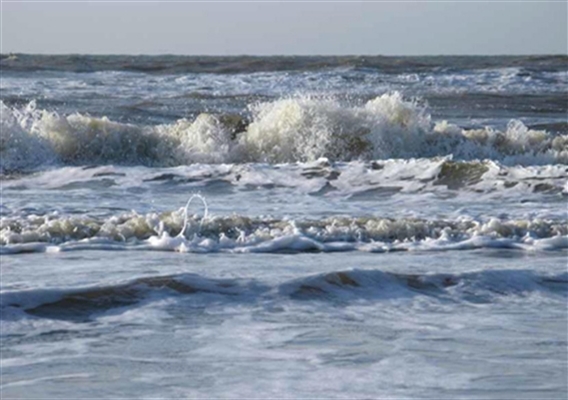Policy
The North Sea Programme 2022-2027 replaces the Policy Document on the North Sea 2016-2021. Both documents mark the transition to new policy and management for the Dutch section of the North Sea. 'New' because, after half a century of primarily reactive policy, a vision for the future now forms the basis for policy and management. The vision underpinning the current policy highlights the requirements for the North Sea in 2050 and beyond. That means an ecologically-sound sea, which also has space for activities that make up part of the transition to a sustainable society. The government uses that policy to oversee the use of the sea and the reinforcement of the ecosystem. 'Balance' is the key word.

Historical overview
The history of policy in the Netherlands in relation to the use and management of the North Sea shows how this policy once tended to be passive; it responded to initiatives and developments from the foremost users and sectors or was mobilised in response to emergencies or strong signals from the scientific community or society at large. Mid-way through the twentieth century, developments on the North Sea came one after another in rapid succession, demanding decisive action from the government. Shipping and the fisheries boomed, followed by oil and gas extraction, and sand and gravel mining. The interests of the various users began to clash. In the 1970s, moreover, it became clear that the increasing pressure on the sea area was taking its toll on the environment and nature in the North Sea.
From reactive to pro-active
Initially, the government opted for a strategy of harmonisation. This was achieved by licensing. 1999 saw the publication of the North Sea Management Vision 2010, a document that viewed the North Sea as a source of life, rest and space, while also acting as an engine for economic activity. The document suggested that ideal North Sea management would strike a balance between economy and ecology.
There was a transition, almost ten years later, from harmonisation to integrated policy. One of the reasons for this was the fact that there was no coherent spatial policy for the Dutch section of the North Sea while, at the same time, it was getting increasingly busy and many opportunities were 'slipping through the net'. In 2011, the Council for the Environment and Infrastructure (Rli) presented A Sea of Opportunity, an advisory report aimed at using integrated area development as a template for the North Sea. It proposed making a long-term development plan for the area as a whole.
Stepping stone to contemporary policy
The advisory report was the spur for a range of working procedures led by the government, stakeholders and NGOs to jointly fashion an image of the future of this kind. This resulted in five over-arching topics to drive the new policy: building with North Sea nature, offshore energy transition, multiple/multi-functional use of space, connection of land and sea and accessibility/shipping. These topics were included in the North Sea Policy Document 2016-2021. In 2018, the Netherlands Environmental Assessment Agency published The Future of the North Sea. This scenario study revealed the figure of a coherent cluster of transitions with three apex points being: 'robust nature', energy transition and future-proof food supply. The North Sea Programme 2022-2027 continues in this vein.